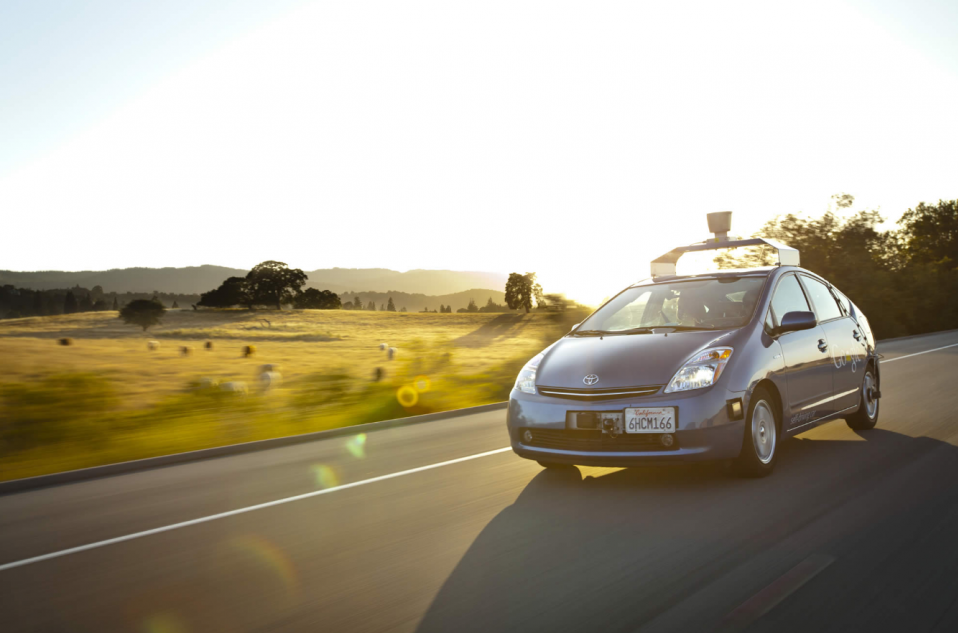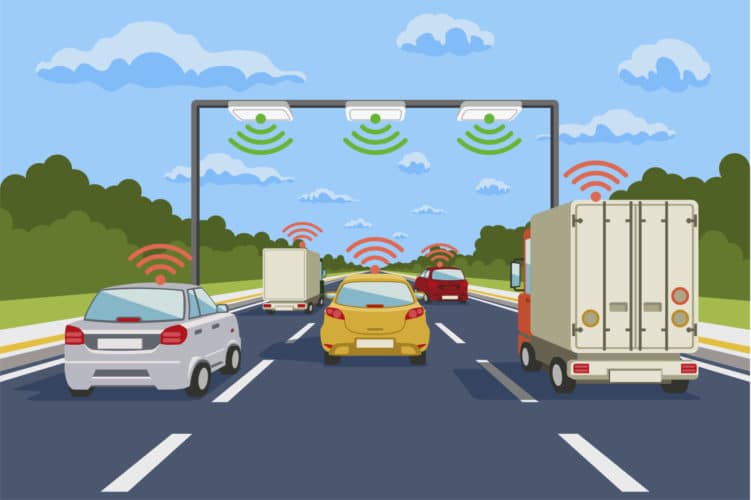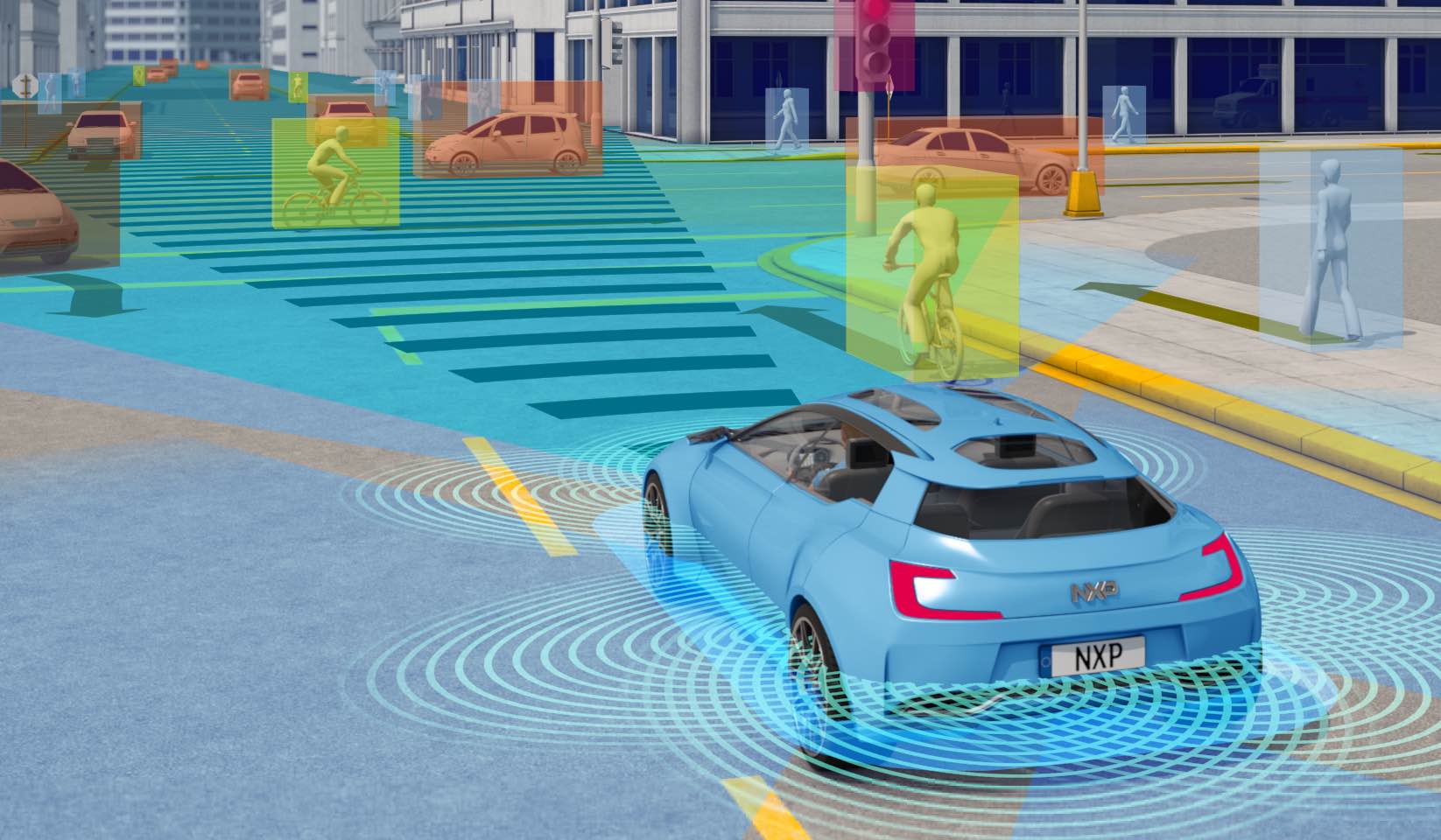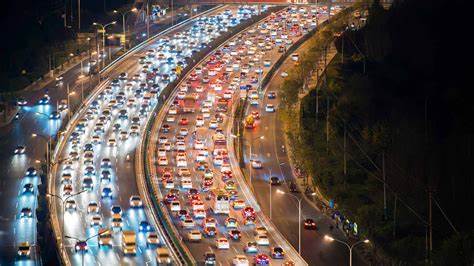
Reducing Traffic Congestion with Smart Cars: A Game-Changing Solution
Introduction
In today’s fast-paced world, traffic congestion has become a major issue in urban areas. As populations continue to grow and more vehicles hit the roads, traditional methods of managing traffic flow are no longer sufficient. However, the emergence of smart cars has brought new hope for tackling this problem. In this comprehensive article, we will explore the concept of reducing traffic congestion with smart cars, delving into its relevance, and discussing its potential impact on alleviating congestion.
Historical Background
Traffic congestion has plagued cities for decades, with an increasing number of vehicles leading to gridlock and extended travel times. Over the years, various attempts have been made to alleviate the problem, such as building additional roads, implementing traffic control measures, and promoting public transportation. However, these efforts have had limited success. To understand the significance of smart cars in addressing traffic congestion, it is essential to look at the historical background of this issue.
Key Concepts and Definitions
Before delving into the main discussion points, it is crucial to clarify the key concepts and definitions associated with this topic. Smart cars, also known as autonomous or self-driving vehicles, refer to vehicles equipped with advanced technologies that enable them to operate without human intervention. Traffic congestion, on the other hand, refers to the excessive accumulation of vehicles on road networks, resulting in slower speeds, longer travel times, and increased emissions.
Additionally, autonomous driving, connected vehicles, and intelligent transportation systems (ITS) play a crucial role in addressing traffic congestion. Autonomous driving refers to the ability of vehicles to operate without human input, relying on sensors, cameras, and artificial intelligence algorithms. Connected vehicles involve inter-vehicle communication and communication with infrastructure for efficient traffic management. Intelligent transportation systems encompass the integration of advanced technologies to enhance transportation efficiency and safety.

Main Discussion Points
Point: Benefits of smart cars in reducing traffic congestion
One of the primary benefits of smart cars is their ability to improve traffic flow through real-time data analysis. Equipped with sensors and communication systems, these vehicles can gather and transmit data on traffic conditions, allowing for a better understanding of congestion patterns. By analyzing this data, traffic management systems can make informed decisions to optimize traffic flow, such as adjusting traffic signal timings or suggesting alternative routes to drivers. This real-time analysis enables a more efficient use of road capacity, ultimately reducing congestion.
Another significant advantage of smart cars is their ability to optimize route planning and traffic signal control. Through advanced algorithms and machine learning, these vehicles can calculate the most efficient routes based on real-time traffic conditions. By guiding drivers towards less congested routes, smart cars can distribute traffic more evenly and alleviate congestion hotspots. Additionally, they can communicate with traffic signals, allowing for dynamic signal timing adjustments based on actual traffic demand.
Lastly, smart cars contribute to the reduction of accidents and congestion-causing incidents. With their advanced sensors, these vehicles can detect and respond to potential hazards more effectively than human drivers. By minimizing accidents and promptly addressing incidents, smart cars help maintain a smoother traffic flow, reducing congestion and preventing further delays.
Point: Infrastructure requirements for smart cars
While the benefits of smart cars in reducing traffic congestion are evident, their successful implementation requires adequate infrastructure support. Upgraded communication systems are essential for facilitating seamless data exchange between smart cars and traffic management systems. This infrastructure upgrade enables real-time monitoring and analysis, allowing for timely traffic interventions.
To fully leverage the capabilities of smart cars, the implementation of smart traffic management systems is crucial. These systems integrate data from various sources, including smart cars, traffic cameras, and sensors, to provide comprehensive insights into traffic conditions. By using advanced algorithms, these systems optimize traffic flow by dynamically adjusting signal timings and managing traffic in real-time.
Furthermore, the integration of smart cars with existing transportation infrastructure is of utmost importance. This includes the development of dedicated lanes or infrastructure modifications to accommodate the unique requirements of smart cars. By seamlessly integrating these vehicles into the existing infrastructure, cities can unlock the full potential of smart car technologies in reducing traffic congestion.

Case Studies or Examples
Several cities and regions have already implemented smart car solutions to tackle traffic congestion. For instance, Singapore has successfully deployed autonomous shuttles for first-mile and last-mile transportation, reducing the reliance on private vehicles and alleviating congestion in busy areas. In the United States, the city of Pittsburgh has partnered with autonomous vehicle companies to pilot self-driving cars and assess their impact on traffic flow. These examples demonstrate the potential of smart cars in reducing congestion when implemented effectively.
Current Trends or Developments
Ongoing research continues to provide insights into the effectiveness of smart cars in reducing traffic congestion. Recent studies have shown that smart cars can significantly improve traffic flow and reduce travel times. Innovations in communication technologies, such as 5G networks, are expected to further enhance the capabilities of smart cars and enable more accurate real-time data analysis. Additionally, pilot projects and initiatives are underway globally to test the feasibility and impact of smart car technologies on traffic congestion.
Challenges or Controversies
While smart cars offer promising solutions, certain challenges and controversies need to be addressed. Privacy and data security concerns arise due to the collection and transmission of sensitive information by smart car systems. Robust measures must be in place to protect personal data and ensure user privacy. Additionally, traditional car manufacturers and infrastructure providers may resist the adoption of smart car technologies, fearing disruption to their existing business models. Ethical considerations also come into play, particularly regarding decision-making algorithms in autonomous vehicles and the potential implications of these algorithms in critical situations.

Future Outlook
With the widespread adoption of smart cars, the potential impact on traffic congestion is substantial. By reducing traffic bottlenecks and optimizing traffic flow, smart cars can transform the way we navigate cities. However, challenges lie ahead, such as the need for infrastructure upgrades and addressing regulatory issues. The integration of smart cars with emerging technologies like smart cities and the Internet of Things (IoT) holds immense potential for further reducing traffic congestion and creating more sustainable and efficient transportation systems.
Conclusion
Reducing traffic congestion with smart cars presents a game-changing solution to an age-old problem. The benefits of improved traffic flow, optimized route planning, and accident reduction demonstrate the significant potential of smart cars in alleviating congestion. However, the successful implementation of these technologies requires robust infrastructure support, addressing concerns related to privacy and data security, and overcoming resistance from traditional stakeholders. By encouraging further research and exploration of this topic, we can unlock the full potential of smart cars in creating more livable and sustainable cities.




